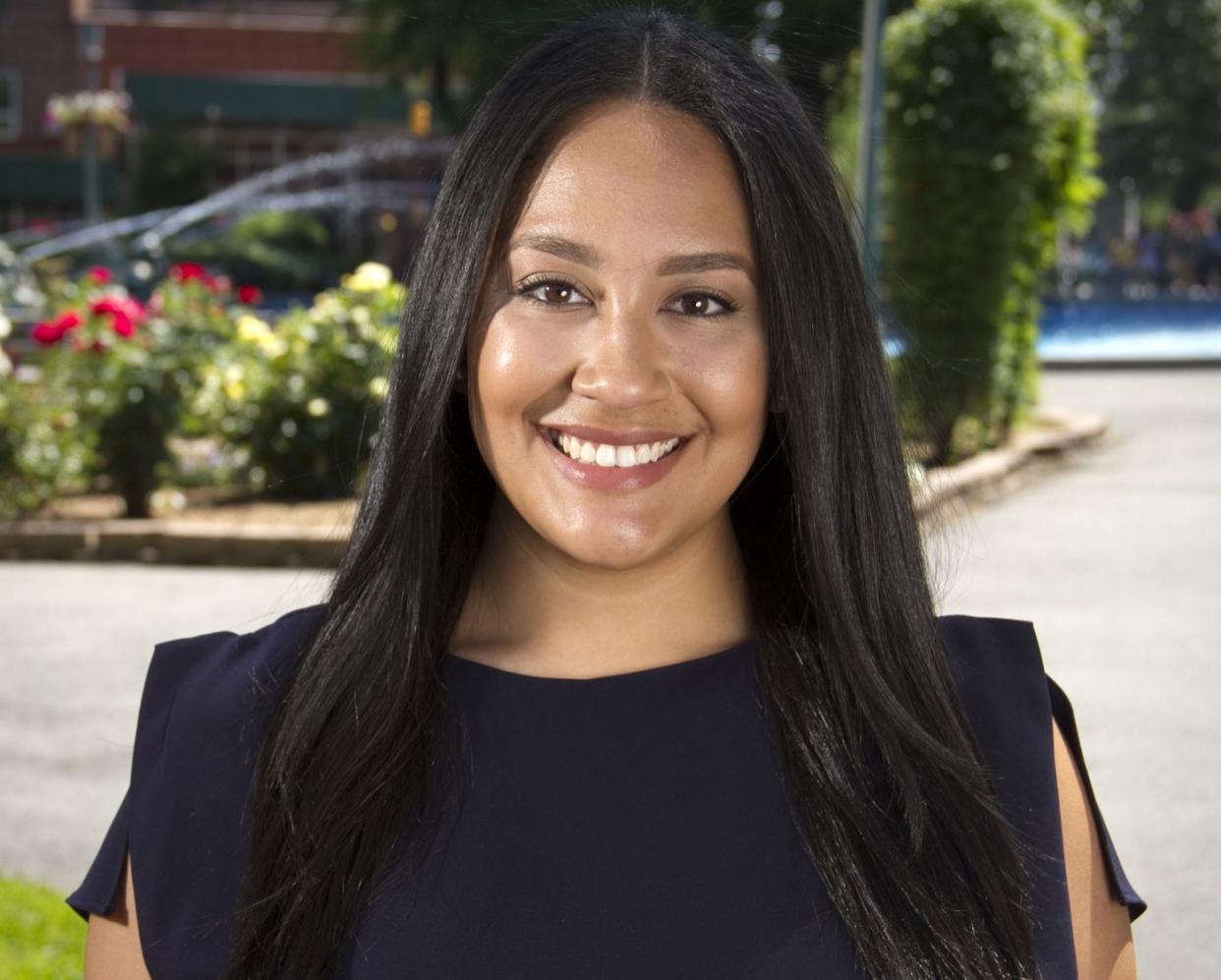Bronx councilwoman begins push for NYC jobs guarantee, critics claim it’s a dead end
With the number of unemployed in New York City hovering around 300,000 and job vacancies at about 250,000, Councilwoman Amanda Farias is trying to lay the groundwork for a solution to the city’s unemployment crisis: a municipal jobs guarantee.
Farias, a first-year lawmaker who represents the Parkchester and Castle Hill sections of the Bronx, ran to victory on that policy platform last year. While she concedes that actually getting it done will prove more challenging, she’s convinced the political climate is now right.
“We just need the how,” she told the Daily News. “It’s just a matter of connecting all the dots. That’s what I’m trying to do.”
Several years ago, the implementation of a policy that promised a city job to every New Yorker would have been virtually unthinkable. Economically, the city was on relatively stable footing, and of course there wasn’t a pandemic to contend with.
But times have changed. The current City Council is even more left-leaning than it was before. The Democratic Socialists of America have made gains both there and in the state Legislature. And with the city’s economy still reeling from the impacts of COVID-19, Mayor Adams is facing enormous pressure to make a dent in unemployment figures that far exceed the national average.
To get more New Yorkers into jobs, Farias, the first woman to head the Council’s Economic Development Committee, is aiming to capitalize on her past role at the Consortium for Worker Education to better train workers and more effectively find them employment.
At the consortium, Farias focused on getting people who were incarcerated into unionized jobs, pairing those already working with better opportunities and developing new apprenticeship models.

Now, she wants to take what she learned there, pick out the best practices used by other community-based organizations, and apply it all to streamlining how the city assists people in search of work.
“A lot of workforce development goes into putting people into job training, but not a job placement,” she said. “We need to build up the supply for the demand that we know has existed for years.”
Farias pointed to the approximately $600 million the city pours into workforce development annually as a starting point. Using that money more efficiently would result in filling more jobs, and from Farias’ perspective, that would open the door to guaranteeing a job to every New Yorker who wants one.
Whether or not Adams is open to the idea is unclear. But Adams has recognized the need to revamp the city’s workforce development model. In his blueprint for the city’s economic recovery, he lays out his aim to “reimagine the public workforce system” by creating “a more effective talent development and delivery system to improve workers’ access to services that qualify them for good jobs.”
“The city will launch and convene the ‘Future of Workers’ Taskforce, a working group of industry experts — including higher education, human service job training providers, research institutions, labor and employers,” Adams’ blueprint states. “The group will develop a citywide, early-education-to-adult-talent development vision to address short-term recovery needs and long-term structural challenges in meeting the talent needs of businesses in an equitable fashion.”
Adams’ plan does not mention a jobs guarantee, however, and Farias acknowledges that she still has some convincing to do. Still, she added that the “politics are somewhat there.”
Ed Ott, a labor expert and former director of the Central Labor Council, said Farias’ goal wouldn’t be easy to accomplish, but that seismic shifts in the job market — and general dissatisfaction among many workers — make it far more possible now than it has been in decades.
Ott pointed to the work programs offered under President Franklin D. Roosevelt’s New Deal as the nearest parallel.
“The New Deal doesn’t happen because Roosevelt and political people got out of bed and said, ‘Let’s do the right thing.’ It came about after a decade of absolute militancy,” he said. “Employers are now seeing that there’s clearly a level of dissatisfaction that we haven’t seen in our lifetime.”
Kathryn Wylde, president of the big-business advocacy group Partnership for New York, agreed that workforce development needs to be made more efficient, but she dismissed the idea of a jobs guarantee on the city level as virtually impossible.
“Only the federal government can do this because only the federal government can print money,” she said. “The last thing we need is to expand the municipal workforce when we should be going in the other direction.”
